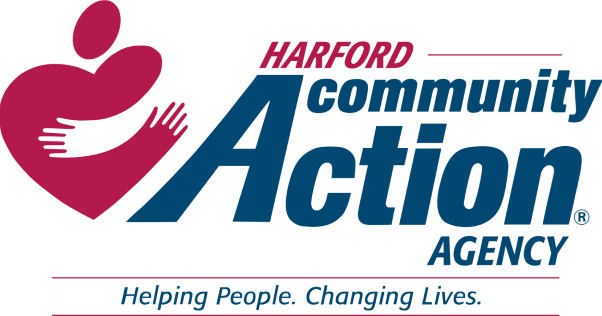On any given night 567,715 individuals are experiencing homelessness in 2019. Fast forward to today, the novel coronavirus has heightened a housing crisis that was already exacerbated by compounding factors like rising housing cost, wage stagnation and racialized housing policy . Now with the added layer of the novel coronavirus, the housing crisis has reached an acute level. It is estimated 28 million renters, or 22.5 percent of all U.S. households, are at risk of eviction or foreclosure. More than 36 million residents have filed for unemployment since mid-March, placing households in a precarious position to face eviction, foreclosure, or worse – homelessness.
Since the outbreak of the virus, cities have been working diligently to keep families in their homes by passing ordinances to stand up rent, mortgage, and utility relief programs. Cites have also stepped up to assist individuals experiencing homelessness like increasing their shelter capacity by creating new shelters and recovery centers, and using hotel and motels.
In the midst of this response, cites have been approving or expanding overnight parking to support individuals experiencing vehicular homelessness.


